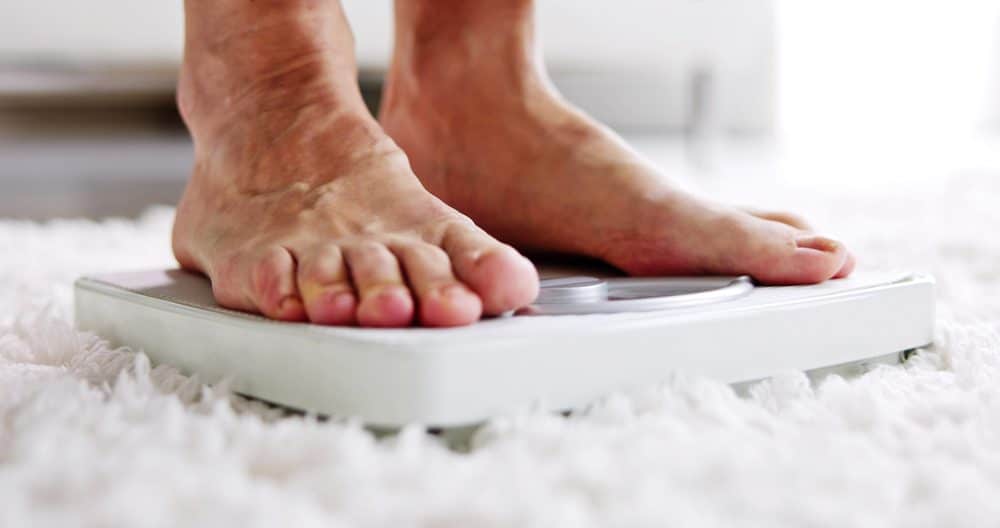Let’s talk about the side effects of medications!
Prescription medications are frequently essential in treating or even preventing symptoms and increasing the general quality of life for a variety of conditions, ranging from the occasional skin rash to more chronic diseases like diabetes.
There is a chance for complications or unexpected side effects, and this is common with all drugs. Every type of medicine risks causing symptoms unrelated to the initial diagnosis, from occasional nausea or upset stomach to more serious side effects, including liver or heart problems.
Simply said, side effects from taking a prescription, over-the-counter, or herbal supplement are unanticipated reactions that may occur after taking these drugs.
Furthermore, side effects can happen at any dose or strength. However, some are worse or become more noticeable when the dose is increased. Always take your medication as directed by your healthcare professional, and never raise the dosage without first talking to them.

Individual factors that increase the risk of side effects
When taking medications that are eliminated through the kidneys, side effects are more probable if your kidneys are not working properly. Reduced kidney function may cause several other medications to lose their effectiveness.
Gender is another factor that can influence the occurrence of side effects. In comparison to men, women have lower kidney medication clearance rates, higher body fat-to-water ratios, and lower activity of several hepatic enzymes.
According to studies, women are more likely to experience long QT syndrome, digestive side effects, skin irritation, and liver toxicity from drugs.
Environmental factors that increase the risk of side effects
Diet can influence how certain medicines react. Numerous medications have dietary interactions.
For instance, tyramine-containing foods and MAOI antidepressants, atorvastatin with grapefruit, warfarin and green leafy vegetables, natural black licorice and lithium, salt and potassium supplements, and ACE inhibitors.
Some medication’s potential for side effects can be increased by dehydration. NSAIDs, metformin, ACE inhibitors, and diuretics are a few medications that should not be taken by someone who is dehydrated.
Alcohol can make several adverse effects worse, including sleepiness, disorientation, blood pressure abnormalities, aberrant behavior, respiratory depression, nausea, and vomiting.
#1 Constipation
Constipation is common with opioids, diuretics, calcium antagonists, antidepressants, aluminum-containing antacids, ondansetron, and iron supplements.
Your diet is the most significant factor that can aid in constipation relief. This symptom should disappear if you consume more fiber by eating more beans, whole grains, nuts, and avocados. Drinking more water can also help.
Speak to your doctor about methylnaltrexone or naloxegol if you have severe constipation that is related to opioid use. If minor, consult your doctor about using laxatives like psyllium, docusate, or sennosides.
#2 Diarrhea
Some antibiotics, antidepressants, antacids that contain magnesium, proton pump inhibitors (such as lansoprazole and omeprazole), and chemotherapy drugs may cause this side effect.
If you think that the cause of diarrhea is related to the antibiotics that you take, you should speak with your doctor and ask about probiotics.
According to the National Center for Complementary and Integrative Health, probiotics are live microorganisms that are thought to offer health benefits when taken or applied to the body. They can be found in yogurt, other fermented foods, and dietary supplements.
Although bacteria and other microbes are sometimes perceived as destructive “germs,” many of them are actually beneficial. Some bacteria produce vitamins, help decompose disease-causing cells or aid with food digestion.
Many of the bacteria found in probiotic supplements are identical to or closely related to those found in our bodies naturally.
You should also try boosting your fluid and electrolyte intake because your body cannot retain fluid. Dairy products, avocados, and bananas are all nutritious options that can help you replace lost electrolytes.

#3 Headache
Medications for asthma, angina, high blood pressure, and stimulants frequently cause headaches. Aspirin, NSAIDs, and opioid abuse can all lead to rebound headaches.
Once more, maintaining adequate hydration is important for managing many drug-related side effects. So, make an effort to stay as hydrated as you can by drinking lots of water.
Acetaminophen can help you in almost any situation to ease your headache. But remember not to abuse it.
A bag of frozen veggies, some ice cubes placed in a towel, or even a cold shower might help with the discomfort. After applying the compress to your forehead for 15 minutes, take a 15-minute break.
The brightness from your computer screen that is too bright, or flickers can aggravate your headache. If you are prone to them, keep your windows covered during the day with blackout shades. Wear your sunglasses outdoors.
If the headaches return, heat, massage, acupressure, or reflexology could also be helpful.
If the headaches are extremely bothersome, discuss with your doctor whether you should take a different medicine or reduce the dosage.
#4 Indigestion or Gastroesophageal Reflux Disease (GERD)
Drugs that relax the lower esophageal sphincter (LES), such as anticholinergics, calcium channel blockers, and nitrates, may cause this side effect, as can those that lower LES pressure or those that irritate the stomach lining (such as aspirin, iron, NSAIDs, steroids, or progesterone), theophylline, and tricyclic antidepressants).
Avoiding foods like alcohol, fizzy drinks, citrus, tomatoes, coffee, fatty foods, and foods that also upset the stomach is the first and most effective thing you can do.
If you frequently have heartburn while trying to fall asleep, raise the head end of your bed by 6 to 9 inches by placing wood or cinder blocks under the feet.
If you are unable to raise your bed, you can elevate your body from the waist up by inserting a cushion between your mattress and bed frame. Pillowing your head higher with more won’t help.
If you are smoking, try to quit since the lower esophageal sphincter’s capacity to function properly is reduced by smoking.
Also, maintaining a healthy weight can help you when you have GERD because additional weight puts more strain on your abdomen, raising your stomach and resulting in gastric reflux into your esophagus.
Your doctor could advise prescription medicine and other tests if you don’t feel better within a few weeks. Discuss GERD medications like antacids, H2 blockers, and proton pump inhibitors with your doctor.
#5 Dry mouth
Antiarrhythmics, anticholinergics, antihistamines, cholesterol-lowering medications, anti-inflammatory drugs, diuretics, vasodilators, Parkinson’s disease medications, and antipsychotics may cause this side effect.
One way to lessen dry mouth is by chewing sugar-free gum or sucking on sugar-free hard candies to increase the flow of saliva.
But keep in mind that for certain people, xylitol, which is frequently used in sugar-free gum or sweets, may result in diarrhea or cramping if ingested in high quantities.
Consider over-the-counter saliva substitutes with xylitol, like Mouth Kote or Oasis Moisturizing Mouth Spray, or with carboxymethylcellulose or hydroxyethyl cellulose, like Biotene OralBalance Moisturizing Gel.

#6 Unexpected weight gain
Some people are shocked to experience unwanted weight gain despite leading a healthy lifestyle. A prescription drug could be the source of the issue. Weight gain may result from the varied effects several drugs have on the body.
For instance, insulin may promote the growth of fat cells. Some drugs have the ability to boost hunger. Other medications may increase glucose storage or slow metabolism. Starting to manage your diet and exercise is your best bet.
Try to eat your meals more slowly, and be sure to drink enough water throughout the day. You may also be able to avoid gaining weight by exercising regularly, following a nutritious diet, and controlling your portion sizes.
Remember that not all drugs cause side effects, and not all side effects are severe enough to change the pattern of your treatment. It’s critical to be aware of how you feel prior to and after taking prescription medicine.
You should also constantly stay in contact with your doctor to address any unusual symptoms or changes.
The most essential factor in leading a healthy lifestyle is your nutrition. If you’re interested in learning more about how to improve your diet, you should check out: 13 Foods That Are Good For Your Heart





